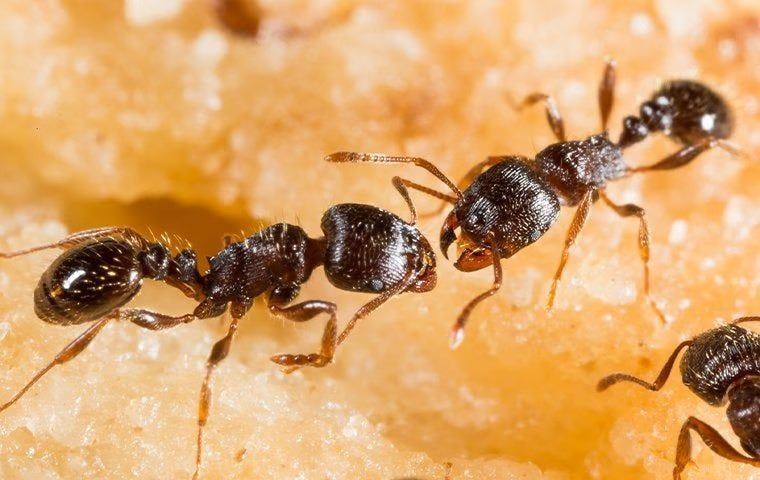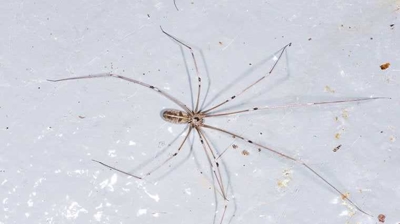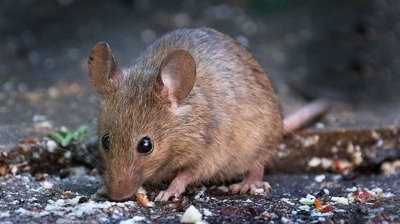
Pavement Ants Identification & Prevention
Frequently Asked Questions about Pavement Ants
Have questions? We are here to help. Still have questions or can't find the answer you need? Give us a call at 252-424-7966 today!

-
How can I prevent pavement ants in the future?
Keep pavement ants off your property in the first place with the help of the following prevention tips.
- Seal cracks in sidewalks or driveways.
- Repair cracks and other openings in the foundation or exterior walls of your home.
- Repair damaged screens and place weather-stripping around windows and doors.
- Leave a barrier between any soil and your home’s foundation.
- Keep locking lids on trash cans, recycling bins, and compost bins. Store them a distance away from the outside of your home.
- Vacuum floors, wipe down counters, and wash dishes regularly.
- Place all food in the refrigerator or containers with air-tight lids. Never leave food out in the open on counters or tables.
-
How do I get rid of pavement ants?
The best way to control nuisance pests like pavement ants, and make sure they don't return, is with the help of a professional pest control expert. The trained technicians at Albemarle Termite & Pest Control are dedicated to providing safe, affordable, and effective pest control solutions in Elizabeth City. Our local pest control company prioritizes putting customers first and exceeding expectations. If you want to control pests and make sure they don't return, call Albemarle Termite & Pest Control today!
-
Where will I find pavement ants?
Nesting in the soil, pavement ants live outside in a variety of areas including, as their name suggests, cracks in the pavement, sidewalks, or driveways. They also like to nest in the soil next to foundations or ground-level masonry walls. These small black ants are often seen traveling on our sidewalks, walkways, decks, and around our yards as they forage for food.
Pavement ants that have moved inside to nest like to place their nests in dark, out-of-the-way areas. Spaces behind wall voids, crawl spaces, or under floors are common nesting sites.
-
Why do I have a pavement ant problem?Shelter and food are the two things that attract ants to a property. Like most pests, ants have adapted to live near people and have learned to use our properties and homes as places to nest and forage for food. While out and about searching for food to feed their large colony, workers often find their way inside homes and other structures through spaces in exterior walls and openings around windows and doors. Inside, ants seek out and take advantage of crumbs found on counters, floors, and in pantry areas. Once inside, they may also decide to build a satellite nest within your home to expand their colony in a safe, sheltered area.
-
Are pavement ants dangerous?
Pavement ants are a species of ant that is mostly categorized as nuisance pests. They cause no real problems for people or our property. However, this is not to say that we should welcome these ants into our lives with open arms. Pavement ants do carry bacteria on their bodies and legs that will contaminate the surfaces of our homes. These ants will also contaminate the food we have stored inside our homes. Once pavement ants have invaded your home or property, they are difficult to get rid of. The best way to get rid of ants is to contact a professional as soon as you discover their presence!
-
What are pavement ants?
Living in large colonies of more than 10,000 individuals, pavement ants are common invaders of homes and other structures. They are a small, unassuming species of ant that can take over properties in large numbers. Multiple nesting sites make these ants difficult to control and eliminate. Pavement ants are brown to black, and workers grow between 1/16 to ? inch. Similar to other species of ants, the reproductive (fertile males and queens) are larger in size than the workers and the only members of the colony to have wings.



